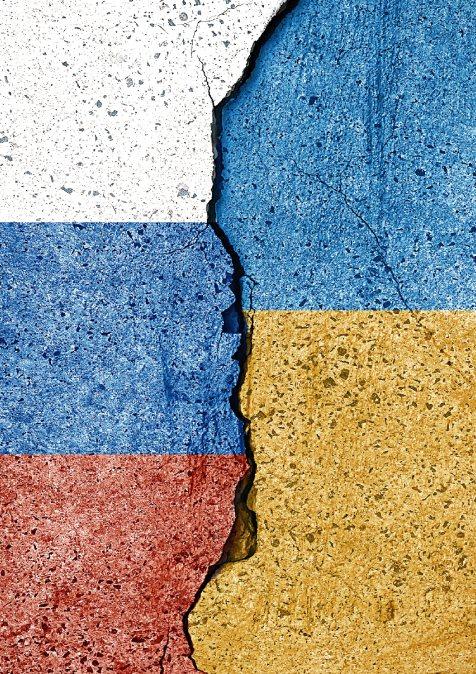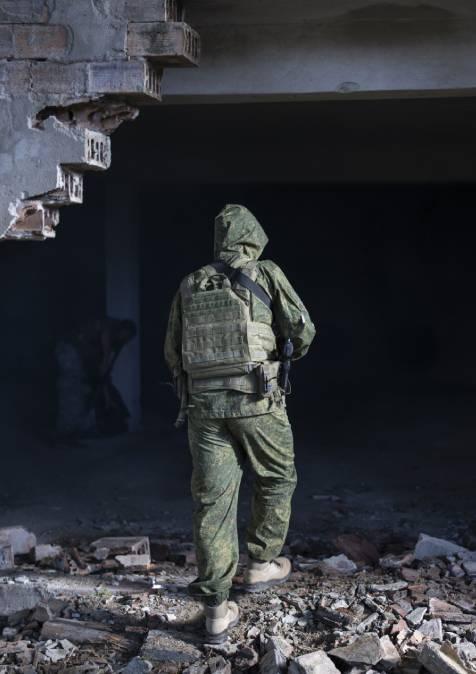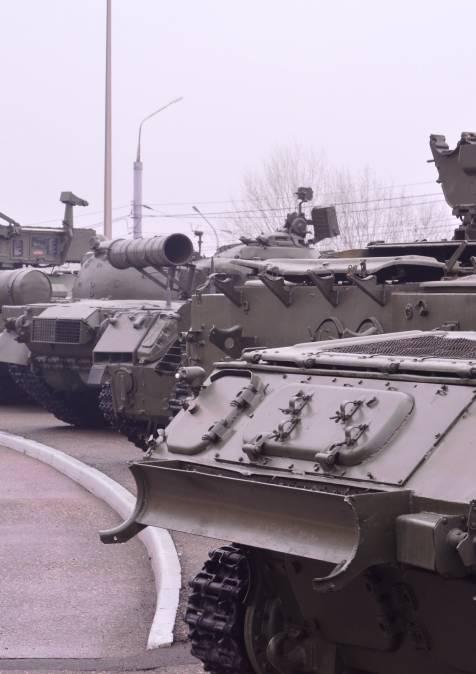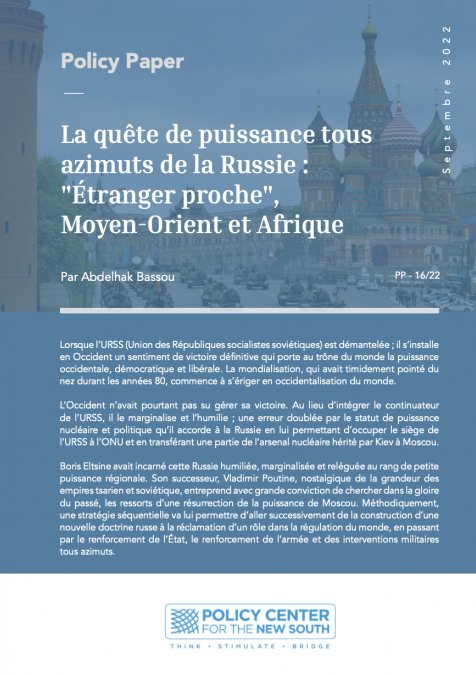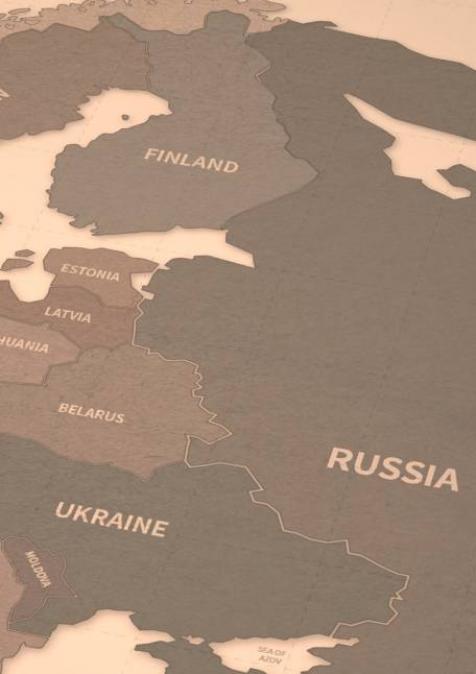Publications /
Opinion
A diplomatic approach is not alien to the church in Rome, used to keeping secrets. This reputation has made the Pope and his cardinals trusted mediators in world affairs. It was a surprise, then, when Pope Francis lost his sense of neutrality and suggested to war-torn Ukraine that it should raise the white flag in its conflict with Russia. In an interview with TV channel Radio Television Suisse, the Pope insisted that he believes “that those who have the courage to raise the white flag and to negotiate, are stronger” (Politico, March 12, 2024).
In other words, Ukraine could accept Russia’s occupation of its territory. The Holy Father insisted: “Negotiations are never a surrender. It is courage not to carry a country to suicide” (Vatican News, March 9, 2024). Ukraine was not amused, and the global media headlines were not really driven by Christian leniency, but darkened by sparks of anger.
Natalie Tocci ,”Guardian” Europe columnist, director of the Instituto Affari Internazionali in Rome,part time professor at the European University Institute in Florence,, published an “opinion” in The Guardian, (March 13, 2024) warning: “The pope wants Ukraine to surrender. That would give Russia a green light for endless war.” Pope Francis’s “anti western views are well known—and his new advise would lead not to peace, but a dangerous escalation.” Tocci reminded her readers that “it is not the first time Pope Francis has displayed overtly pro-Russian sympathies , nor has the Vatican’s mediation for instance, regarding the liberation of Ukrainian children, kidnapped by Russia, been successful so far.” The pope’s words, she said, “provide moral cover to an unabashedly pro-Kremlin line that runs deep in some quarters in the west, from Trumpian Republicans in the US to the nationalist right and populist left in Europe, to the point of being almost mainstream in countries like my own, Italy.”
Two days later, Politico reported, “Vatican backtracks after pope’s Ukraine white flag blunder.” Cardinal Pietro Parolin, the Vatican’s secretary of state and second highest official after Francis, told the Italian newspaper Corriere della Sera (March 11, 2024) that Russia “should first and foremost call for a ceasefire”, naming Russia the “aggressor” and the war in Ukraine “unjust.” Parolin compared Russia’s war in Ukraine to the Israel-Hamas conflict in Gaza, saying both situations “have dangerously expanded beyond any acceptable limit.”
So, “what is going wrong?” asked the Crisis Group, a Brussels-based think tank, committed to preventing and solving deadly conflicts (January 1, 2024), in its research paper ‘10 conflicts to watch in 2024’. “The problem is not primarily about the practice of mediation or the diplomats involved. Rather, it lies in global politics. In a moment of flux, constraints on the use of force—even for conquest and ethnic cleaning—are crumbling. The collapse of the West’s relations with Russia and China-US competition shoulder much of the blame. Even in crises in which they are not directly involved, big powers dispute what diplomacy should entail and whether or how to throw their weight behind it.”
On April 24, the United Nations marked the International Day of Multilateralism and Diplomacy (UN OFFICE FOR PARTNERSHIPS), a date that risks being drowned by the cacophony of global armed conflicts, including in Ukraine, Gaza, Haiti, Lebanon, Ethiopia, Sudan, the Sahel, Armenia/Azerbaijan, and Myanmar. “Leaders are pursuing their ends militarily,” as the Crisis Group authors wrote, “more believe they can get away with it.” In none of these wars is peace in sight, nor are UN troops capable of containing or halting combat, as for example at the Israeli/Lebanese border, one of a dozen UN peacekeeping missions. Sanctions imposed on Russia by the EU, United Kingdom, U.S., Japan, Australia, and Canada have not driven Moscow to defeat, nor have 290 public or private sessions of the UN Security Council last year in New York. Resolution 73/127, naming the day of diplomacy, was adopted by the UN in December 2018, trying to focus on the needed solidarity of nations and a sense of cooperation. But war, it seems, has turned into normality, as long as a country’s own national security and stability is not threatened. Major powers have strong incentives not to fight each other, but “more conflicts are raging and tensions mounting along the world’s most perilous fault lines,” wrote the Crisis Group, with “Ukraine, the Red Sea, Taiwan and the South China Sea among them. Loose talk of war in Beijing, Moscow and Washington risks normalizing the almost incalculable cost of a clash involving the US and either China or Russia.”On may 7, 2024 CNN reported that “since invading Ukraine in 2022 Putin has repeatedly made veiled threats to use tactical nuclear weapons against the west” but ,on Monday 6,an escalation alerted western powers. CNN informed its followers with the headline “Putin orders tactical nuclear weapons drill in response to Western “threats”.
Diplomatic efforts to end fighting are failing. “Can we stop things from falling apart?” asked the authors of the Crisis Group document. Around the globe, more people than in decades are dying in fighting, being forced from their homes or are in need of life-saving aid. On some battlefields, peacemaking is nonexistent or going nowhere. The Myanmar junta, and the officers who have seized power in the Sahel are bent on crushing rivals. In Sudan, perhaps today’s worst war in terms of the sheer numbers of people killed and displaced, U.S. and Saudi-led diplomatic efforts were muddled and half hearted for months.” Russian president Vladimir Putin, banking on dwindling western support for Kyiv”argues the Crisis Group, “seeks to force Ukraine to surrender and demilitarize—conditions that are understandably unpalatable for Ukrainians”. In all these places, notes the analysis,” diplomacy, such as it is,” has been about managing the fallout: negotiating humanitarian access or prisoner exchange, or striking deals such as the one that got Ukrainian grain onto global markets via the Black Sea. These efforts,while vital,are no substitute for political talks”.
After all, Kyiv and its Western allies do not need to negotiate prematurely, argued one of my friends, a former German ambassador in Bahrain, unless NATO and other powers guarantees Ukraine’s survival as a nation for decades to come, and locks Russia into solid security arrangements. “If Moscow does conquer more of Ukraine,” the Brussels-based analysts warned, “it’s not a stretch to imagine parts of other former Soviet republics being next on Putin’s list.” NATO members such as Poland and Lithuania come to mind. This raises the question: Are Europeans prepared to sacrifice their lives to defend Poland, by deploying tanks and missiles to protect Finland? Additionally, would an isolationist U.S. Congress be willing to authorize American troops to prevent Europe from falling under Russian control?

